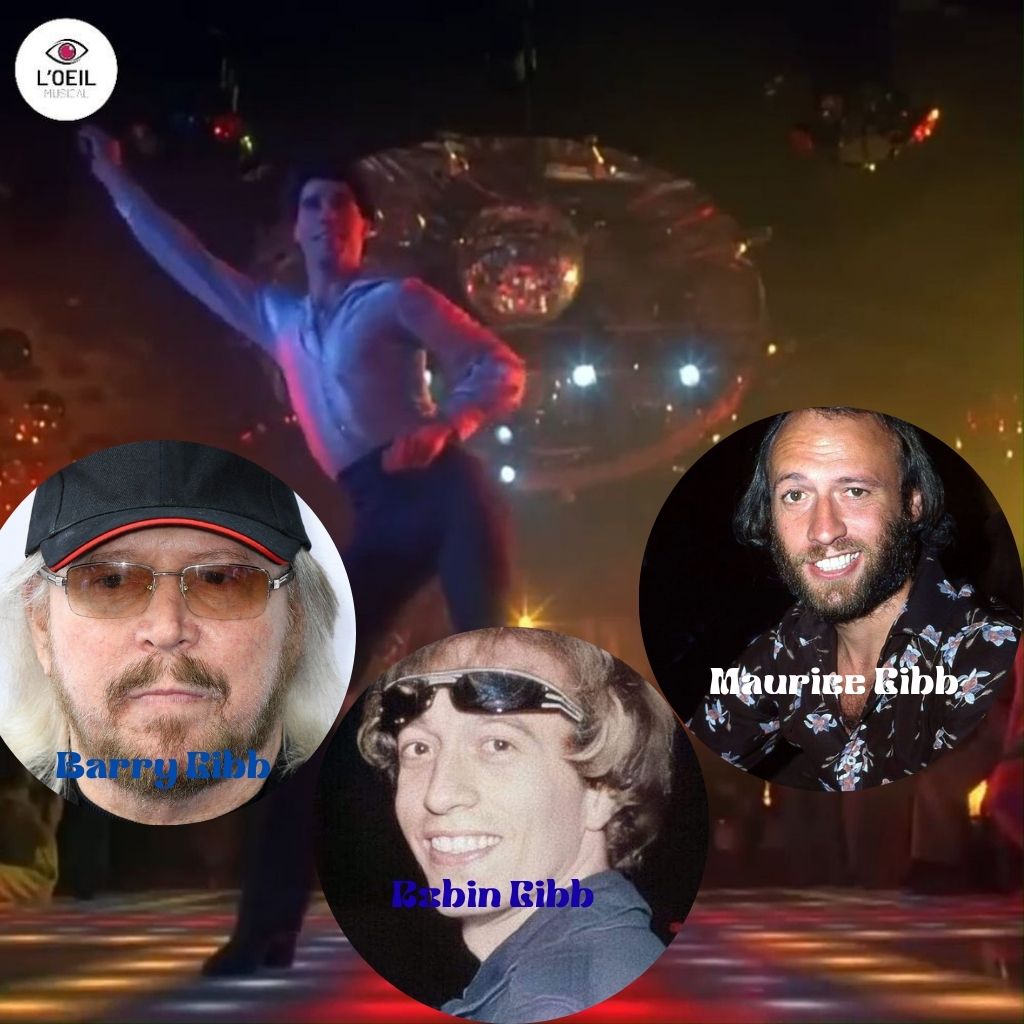
You Should Be Dancing: The Ultimate Anthem of Disco’s Golden Age
Ah, to cast our minds back to the vibrant, pulsating heart of the late 1970s. For those of us who lived through it, the very mention of names like Bee Gees can evoke a rush of memories – of shimmering disco balls, flared trousers, and a collective yearning for a world where every night was a celebration. And if there was one song that encapsulated that era, one track that truly urged us all to shed our inhibitions and hit the dance floor, it was undoubtedly “You Should Be Dancing.” This wasn’t just a song; it was a phenomenon, a cultural touchstone that perfectly captured the zeitgeist of disco’s undeniable reign.
Released in 1976, “You Should Be Dancing” wasn’t merely a popular tune; it was a juggernaut that ascended to the pinnacle of musical success. It roared to the number one spot on the Billboard Hot 100 chart in the United States, a testament to its irresistible appeal. Its success wasn’t confined to American shores either; it found similar chart-topping glory in Canada and became a top 10 hit in numerous countries across the globe, including the UK, Australia, and New Zealand. This widespread embrace underscored the universal language of its rhythm and the boundless joy it promised. It was also a pivotal track, serving as the lead single from the Bee Gees’ incredibly influential album, “Children of the World,” an album that further solidified their transition into disco superstars. The song’s inclusion in the iconic 1977 film “Saturday Night Fever”, where it served as one of the central musical pieces, only amplified its legend, forever cementing its place in the annals of pop culture history.
But beyond the impressive chart positions and critical acclaim, there’s a deeper story, a more personal resonance, to “You Should Be Dancing.” The tale of its creation is steeped in the Bee Gees’ evolving sound. Having achieved immense success in the late 60s and early 70s with their distinctive harmonies and ballads, the brothers Gibb – Barry, Robin, and Maurice – found themselves at a crossroads. The musical landscape was shifting, and the burgeoning disco movement was impossible to ignore. They weren’t just following a trend; they were embracing a new creative direction, one that allowed them to experiment with different rhythms and production techniques. “You Should Be Dancing” was a direct result of this artistic exploration. It was one of the first songs where Barry Gibb’s falsetto, which would become a defining characteristic of their disco sound, was prominently featured. This vocal shift, combined with the pulsating bassline and infectious drum beat, created a sound that was both fresh and undeniably Bee Gees.
The meaning of “You Should Be Dancing” is, at its core, an invitation to liberation. It’s a simple yet profound message: cast aside your worries, shed your inhibitions, and immerse yourself in the pure, unadulterated joy of movement. The lyrics are straightforward, almost conversational, speaking directly to the listener and encouraging them to let the music take over. “You should be dancing, yeah,” Barry implores, “Dancing, yeah, when the music starts.” It’s an anthem of escapism, a reminder that sometimes, the best therapy is to simply lose yourself on the dance floor. For many of us, particularly those navigating the complexities of adulthood, the disco era offered a much-needed release, a communal space where we could forget the day’s trials and tribulations and simply exist in the moment, propelled by the irresistible beat.
Reflecting on “You Should Be Dancing” today, it’s more than just a catchy tune; it’s a time capsule. It transports us back to a period of optimism and cultural effervescence, a time when music had the power to unite people and inspire pure, unadulterated happiness. It reminds us of Friday nights spent with friends, of feeling the bass reverberate through our chests, and of the simple pleasure of moving in unison to a shared rhythm. The Bee Gees, through this song, gifted us not just a hit, but a legacy – a sound that continues to resonate, reminding us that no matter what troubles life may bring, there’s always a reason to dance. It’s a timeless testament to the enduring power of music to uplift, to connect, and to remind us of the joyous spirit that resides within us all. And for that, we can be eternally grateful to Barry, Robin, and Maurice. They truly gave us a reason to dance.